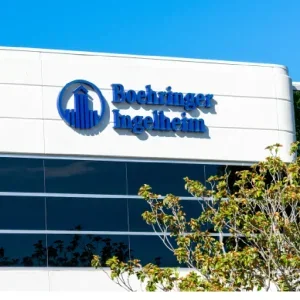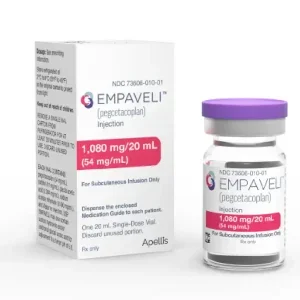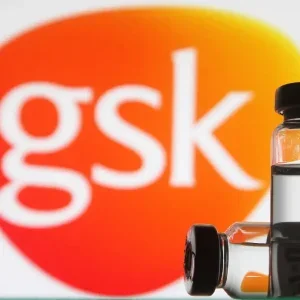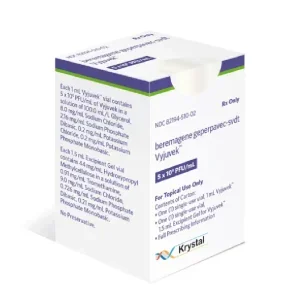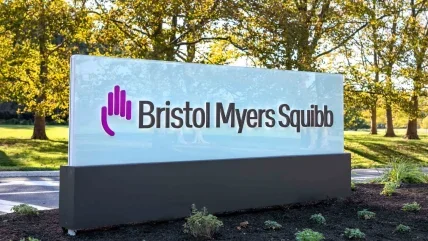
US-based biotech company I-Mab has partnered with Bristol Myers Squibb (BMS) to evaluate givastomig in a combination study for newly diagnosed gastric and oesophageal cancers.
Jointly developed by I-Mab and South Korea-based biotechnology company ABL Bio, givastomig is an investigational Claudin 18.2 x 4-1BB bispecific antibody.
Under the clinical trial collaboration and supply agreement, I-Mab and Bristol Myers Squibb will assess the investigational antibody with the latter’s nivolumab, and chemotherapy (FOLFOX or CAPOX).
The combination will be evaluated as a potential first-line therapy for patients with advanced Claudin 18.2-positive gastric and oesophageal cancers.
As per the terms of the agreement, I-Mab will conduct a multi-national Phase 1 study.
The partnership is based on positive safety and efficacy findings from the givastomig monotherapy trial.
Nivolumab is an immune checkpoint inhibitor, which has been developed by Bristol Myers Squibb to block the PD-L1 protein’s interaction with PD-1 on cancer cells.
The mechanism aims to boost T-cell function, resulting in enhanced anti-tumour reactions.
I-Mab CEO Raj Kannan said: “We are pleased to enter into this clinical collaboration agreement with Bristol Myers Squibb as we embark on the next stage of givastomig’s development to explore the significant promise of this bispecific antibody in a triple-therapy regimen.
“The study builds on the encouraging single-agent activity and safety we have observed with givastomig as presented at ESMO 2023.
“We remain optimistic that givastomig in combination with nivolumab and chemotherapy will drive potent anti-tumour activity in specific tumours, and we look forward to accelerating progress in the clinic.”
Givastomig, also referred to as TJ-CD4B/ABL111 or TJ033721, binds specifically to tumour cells expressing various levels of CLDN18.2 while activating T-cells within the tumour microenvironment through 4-1BB.
The antibody is currently undergoing Phase 1 clinical trial in both the US and China.
In March 2022, givastomig secured orphan drug designation from the US Food and Drug Administration (FDA) in gastric cancer, including cancer affecting the gastroesophageal junction.


